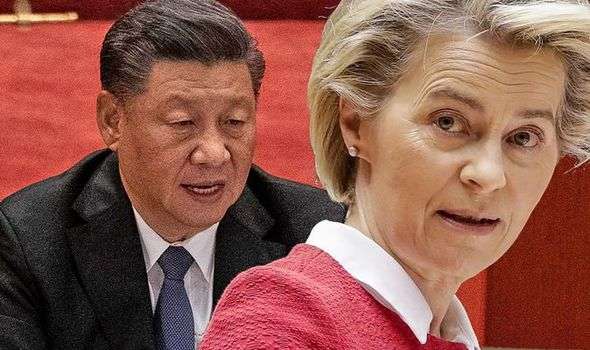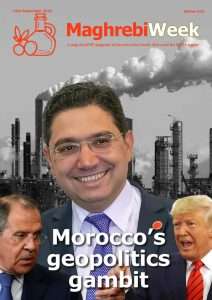EU industry struggles as China restricts rare earth exports

European companies are facing deeper uncertainty as China maintains strict control over rare earth exports, despite a July pledge to accelerate shipments to the European Union, reported by Reuters on September 17.
According to the European Union Chamber of Commerce in China, the gap between political promises and practical outcomes is leaving firms exposed to growing losses and production risks.
“Irrespective of the agreements and commitments reached at the EU-China summit on the 24th of July, we continue to see significant bottlenecks for our members,” Jens Eskelund, the chamber’s president, explained.
Automakers in Europe and beyond have already suffered delays and shutdowns after China introduced export restrictions on certain rare earths and magnets. These curbs followed tariffs announced by U.S. President Donald Trump, adding pressure to already strained supply chains.
China dominates global refining and processing of rare earths, which are essential for car manufacturing, defence equipment and other advanced sectors. Nearly half of the European Union’s imports last year came from China, with Russia and Malaysia serving as secondary suppliers, according to the European Union.
Officials in Beijing describe the export measures as “non-discriminatory”, and insist they are not aimed at any single country, yet the practical consequences for European firms have been immediate and costly. During the G7 summit, European Commission President Ursula von der Leyen accused China of “weaponising” rare earth materials and urged “like-minded partners” to unite against what she called the “China shock.”

However, relations looked slightly more positive in July, when von der Leyen and Chinese President Xi Jinping brought an agreement to fast-track licensing for exports of critical materials. However, Beijing rejected broader European demands for longer licence durations or exemptions from licensing rules altogether.
Just two months later, licensing approvals are slowing again. The chamber reports a surge in complaints and requests for assistance from its members, raising concern that the summit’s commitments are failing to translate into real progress.
“I think it’s fair to say we have not seen a material shift since the summit,” Eskelund reported.
The chamber now warns that more companies could be forced to suspend operations. Although customs data show rare earth magnet exports rose after June, approvals for new licences remain highly constrained.
Eskelund noted that fewer than a quarter of about 140 licence applications tracked by the chamber had been granted. Many firms are submitting applications early in anticipation of shipment delays, yet the bottlenecks are already forcing some members to absorb significant losses.
As political tensions between China and the West continue to intensify, the rare earth dispute underscores a deeper fragility in Europe’s industrial base.
Reuters, Maghrebi.org, European Commission
Want to chase the pulse of North Africa?
Subscribe to receive our FREE weekly PDF magazine












